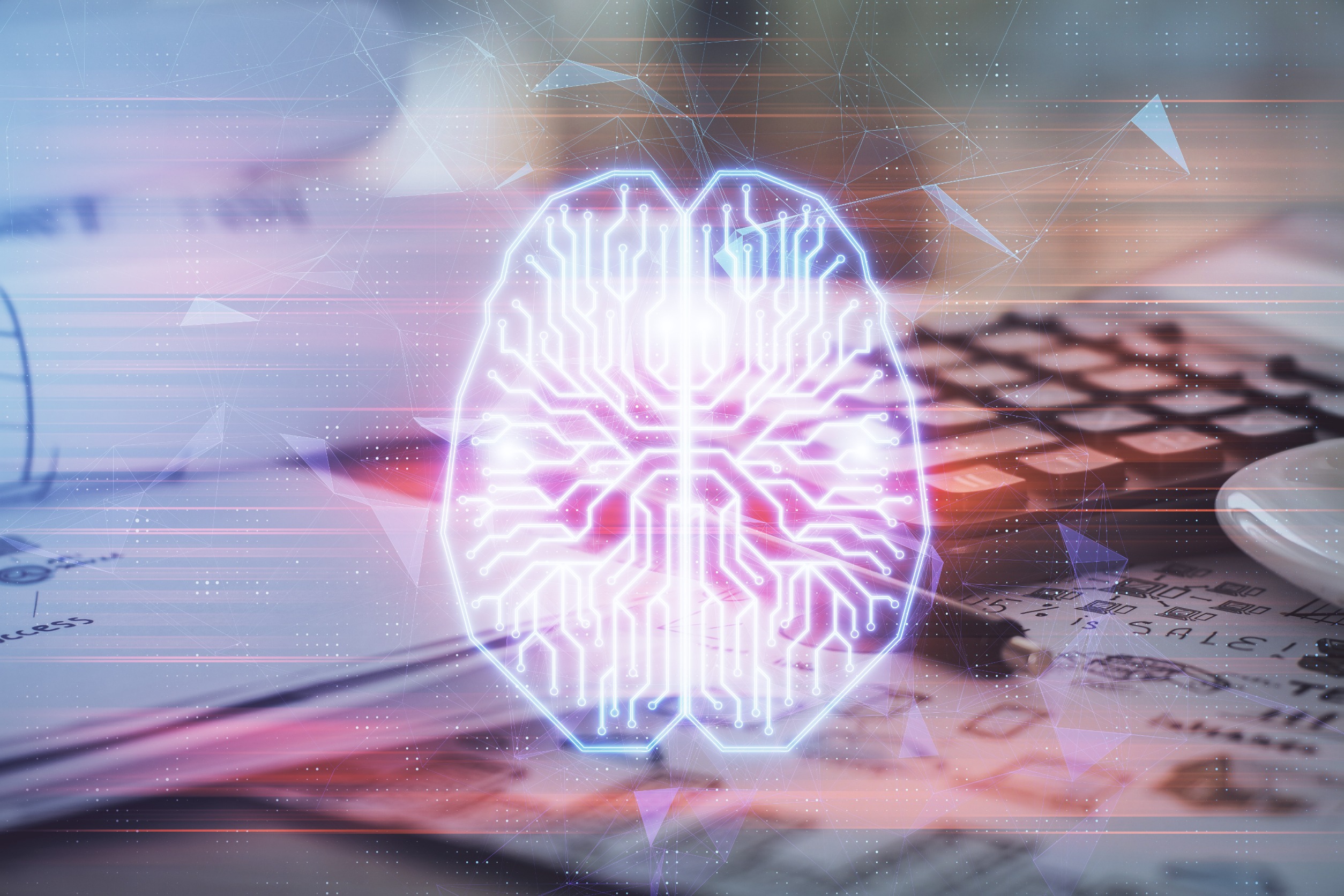Implementing step-by-step processes for AI regulation

With many organisations rushing to implement artificial intelligence (AI) solutions in their digital processes to remain competitive against others, what gets sidelined is the changing legislative, regulatory, and security requirements surrounding AI as it continues to rapidly evolve.
This is according to a new industry resource from global HR research and advisory firm McLean & Company, which has found that organisations often see AI strategy and governance as an afterthought and exclude implementation from strategic planning.
To help organisational and HR leaders develop responsible AI guiding principles, enable successful AI adoption, and mitigate risks, McLean & Company has released its new guide, Develop Responsible AI Guiding Principles. The guide features an easy-to-follow three-step process to help HR and organisational leaders develop responsible AI guiding principles, a central component of a holistic AI strategy.
The steps include gathering key information by establishing an AI governance committee to discuss organisational AI strategy and assess risks associated with AI adoption and use, including legal, regulatory, ethical, and compliance considerations; identifying and drafting responsible AI guiding principles that are tailored to the unique needs of the organisation; and communicating and iterating these AI policies across all employee groups.
READ MORE: Does the AI workplace need human intelligence?
“Many organisations are not implementing responsible AI guiding principles, which is a critical step in AI governance and the broader AI strategy,” said Lisa Highfield, Principal Director, Human Resources Technology and Artificial Intelligence, at McLean & Company. “HR leaders have not only an opportunity but a responsibility to help prepare the organisation for change and help secure the success of AI adoption as we progress into the future of work.”



